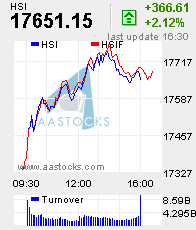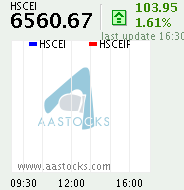The paradox of "compulsive shopping addiction" vs "rational behaviour"
The following confession was clipped from a recent newspaper about the "shopaholic". It is a real fact and it just happens around us.
"I just can't control my shopping habits, and as each week goes by I find I am buying more and more things I don't really need or can't afford. When I get home I hide things and feel guilty for a while (and even sometimes quite sick with fear) about what I might do, but it doesn't stop me going out again the next day. How can I stop spending money?"
People use what is called retail therapy as a way of enjoying themselves. They normally buy things for which they have a need or have developed a desire for. Compulsive or addictive shopping is not like that. It is a problematic behaviour.
A medical term called "shopaholic" or "compulsive shopping addiction" emerges recently. Shopaholics are people who suffer from what has become termed 'Compulsive Shopping Addiction'. Compulsive shoppers buy more than what they need and spend money more than that they can afford, in an effort to make themselves feel better. They will be suffered afterwards emontional depression with a sense of guilty. Some are even encountering financial trouble. "Shopping addiction" actually causes much pain rather than pleasure for them as a result .
It seems contradictory to our basic assumption that in all economic models we assume individuals to behave rationally. The process of consumption should bring people such good feeling of happiness and pleasure rather than bad feeling.
Should the economic laws be discarded for such existence of paradoxical phenomenon?
Copyright Reserved by tcwong©











0 Comments:
發佈留言
<< Home